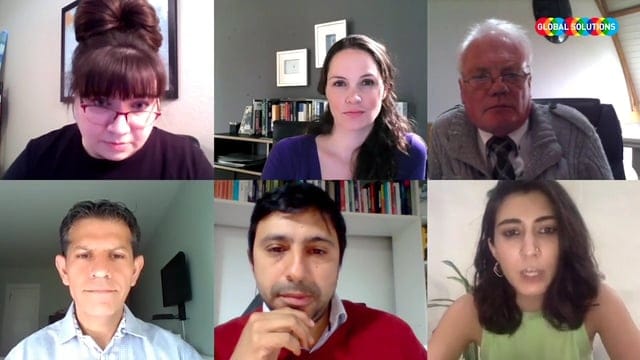Digital Governance, Security and Connectivity
The implications of the COVID-19 pandemic on global economies, supply chains, and corporations are far reaching. G20 countries are grappling with historically high unemployment rates as stay-at-home-orders upended livelihoods. This, coupled with jobs increasingly at risk of automation due to advancing technology, will impact the availability and quality of employment for years and is contributing to rising income disparity and distrust in institutions. Reskilling will be key to reversing these trends, as displaced workers look to develop new skills to remain relevant and large youth populations entering the labor market seek the skills needed for the workforce of the future. But upskilling large segments of society is complex and requires collaboration amongst educators, policymakers and businesses. As nations emerge on the other side of this pandemic and jobs return, the G20 has a collective responsibility to ensure future job creation supports ‘good work’. In doing so, business will benefit from higher productivity, society will benefit from better use of resources, and citizens will be more fulfilled. Ultimately, this can fuel faster and stronger economic recovery while promoting social progress in parallel.
This session will explore how the G20 and the business community can come together to address the skills challenge and safeguard ‘good work’ in collective response to COVID-19.







